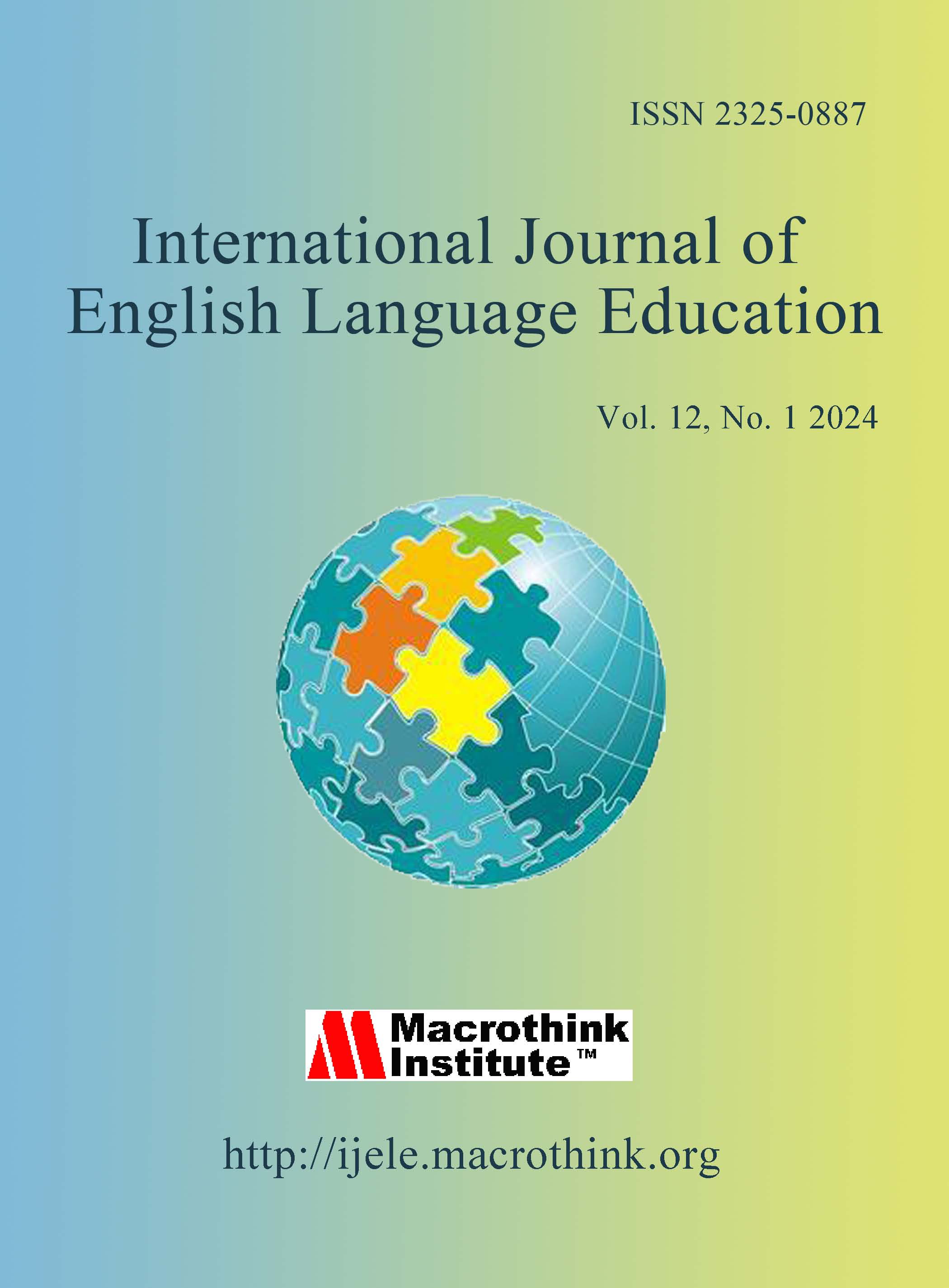The Effect of Self Esteem and Language Anxiety on Learning English as a Foreign Language
DOI:
https://doi.org/10.5296/ijele.v11i1.20771Keywords:
anxiety, self-esteem, foreign language, acquisition, performanceAbstract
In the field of a foreign language acquisition, there are many affective factors that play crucial roles on language learning and teaching processes. Foreign language anxiety and learners ‘self- esteem reflect their responses to language learning contexts. So exploring those factors and variables are crucial in learning context. Consequently, this study tries to investigate the extent to what the Jordanian university students are anxious in English language class and their level of self-esteem. Moreover, it tries to investigate if there is any statistically significant correlation between the students’ foreign language anxiety, and self-esteem. A sample of the study consists of 50 EFL students studying at ANU for the academic year 2022. They are chosen purposefully from two classes of English language skills course, Level one with 25 students each. To achieve the purpose of the study, the researcher used these scales as instruments used by the researcher: The Foreign Language Classroom Anxiety Scale adapted from Horwitz et al. (1986) and the Self-Esteem Scale which developed by Rosenberg (1965). The results of the study revealed that the overall degree for the students' anxiety is moderate. Furthermore, the current findings indicated that there isn’t any significant correlation between language anxiety and self-esteem among the learners in EFL classes.




